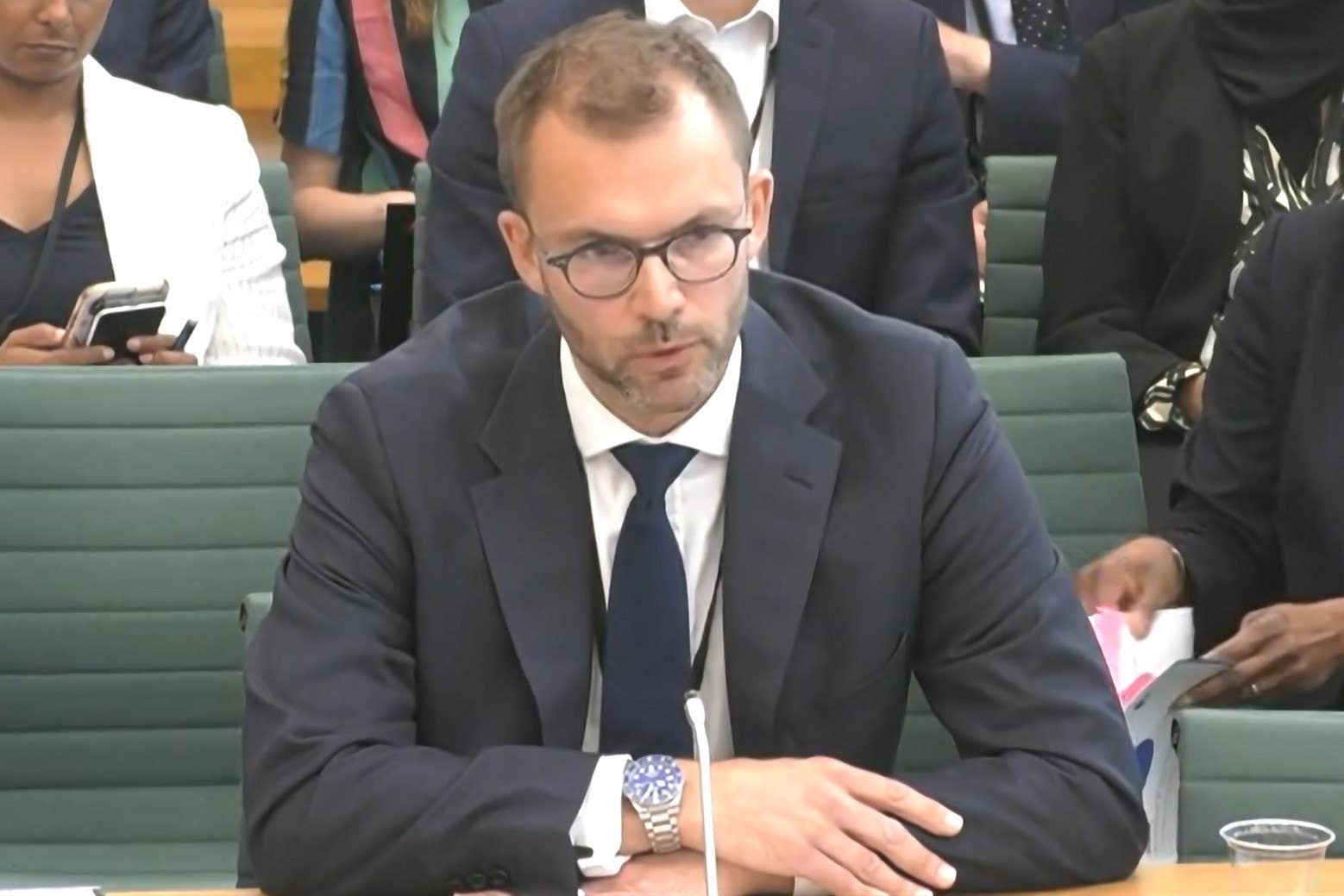Bulb administration to cost £60m, MPs told
The energy firm collapsed in 2021 after struggling with soaring wholesale gas prices.

Your support helps us to tell the story
From reproductive rights to climate change to Big Tech, The Independent is on the ground when the story is developing. Whether it's investigating the financials of Elon Musk's pro-Trump PAC or producing our latest documentary, 'The A Word', which shines a light on the American women fighting for reproductive rights, we know how important it is to parse out the facts from the messaging.
At such a critical moment in US history, we need reporters on the ground. Your donation allows us to keep sending journalists to speak to both sides of the story.
The Independent is trusted by Americans across the entire political spectrum. And unlike many other quality news outlets, we choose not to lock Americans out of our reporting and analysis with paywalls. We believe quality journalism should be available to everyone, paid for by those who can afford it.
Your support makes all the difference.The cost of running the administration of collapsed energy supplier Bulb will land at around £60 million, MPs have been told.
Administrator Teneo said that its fees, those charged by its lawyers and by the company that it hired to find a new buyer for Bulb, will by around £10 million higher than had been the case up to the end of January when the National Audit Office reported.
“At the time with the NAO report, the costs for the special administrator, for the special administrator’s legal advisors, and for Lazard totalled £49.9 million pounds at the end of January,” Teneo’s Matt Cowlishaw told MPs on the Public Accounts Committee.
“In terms of thinking forward of what needs to be completed before the final exit of the special administration, we expect those costs to increase to around £60 million.”
Jeremy Pocklington, the permanent secretary at the Department for Energy Security and Net Zero said that the fees were not unreasonable.
“We scrutinised their fees carefully … and they have an obligation to the court to ensure their fees are fair and reasonable, and the court has also put in place a process to scrutinise those,” he told MPs.
“So I don’t think we think the fees here are somehow untoward.”
He added that the Government had been granted a discount to the commercial rate.
This will be part of the overall cost of Bulb’s collapse, which is expected to heap a total of £246 million onto either energy bills, or be paid by the Government.
Bulb collapsed into administration in the autumn of 2021. It was one of many suppliers to fail in a tricky time when wholesale gas prices were soaring.
The others were dealt with through other processes, but Bulb was just too big, with 1.6 million customers at the time of its collapse.
Experts worried that if another company had to take on all those customers, it could destabilise that company and create a domino effect.
We do believe it's possible ... that we'll begin to see new fixed tariffs or different kinds of deals re-enter the market
But the Government is also expected to make a profit from the deal, as Octopus Energy – which has now bought Bulb – will return around £2.8 billion to the Treasury by either September next year or the year after.
As the new energy price cap was announced on Thursday, Ofgem boss Jonathan Brearley said that new suppliers could enter a difficult market, replacing some of those that disappeared almost two years ago.
“We’re absolutely expecting there to be new entrants,” he said.
He added: “We do believe it’s possible – not certain but possible – in the second half of this year, that we begin to see new fixed tariffs or different kinds of deals re-enter the market,
“Now most customers who can are on the price cap tariff today, but in the second half of the year we may well see companies competing once more.”
Mr Brearley said: “We are seeing licence applications come into Ofgem and, of course, subject to the financial part of that – to make sure that they’re robust enough to manage – then we’d welcome them.”